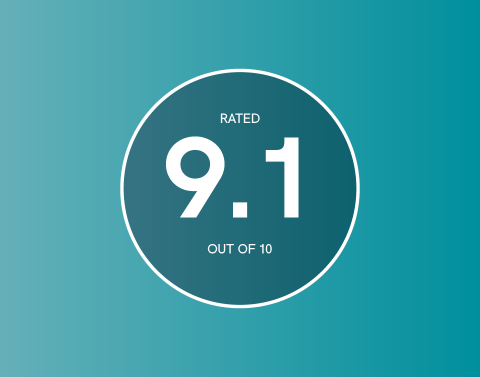As hiring becomes more global, phone and skype interviews are a cost effective way to facilitate the interview process in the initial stages. We understand that some candidates can find these particular interviews intimidating, which is why we’ve put together our top tips to help you master the art of phone and video interviews, successfully.
Phone interviews
1. Introduce yourself
It’s important to create a great first impression; give a brief introduction about yourself, your professional background and your accomplishments. Keep it short but sweet and say it with enthusiasm.
2. Cut out distractions
Make sure you find a quiet area for your phone interview; don’t create a poor impression by being amongst traffic or taking the call in a place where you are likely to be interrupted. Most importantly, make sure your phone is charged…
3. Do your research
Prepare answers to common interview questions using the STAR format (Situation, Task, Action and Result). Make sure you have a copy of your CV ready for reference so that you can always refer back to various points if you panic at any stage. Be sure to research the organisation, its vision and values, the particulars of the role, competitors and the interviewer; use LinkedIn to research their professional background, career path and current role.
4. Be aware of your pace
Nerves can get the better of us in interview scenarios and we can end up talking far too quickly. Take deep breaths before you pick up the call and try to moderate your pace throughout the interview. Make sure you don’t interrupt the interviewer either; nothing is more irritating than someone cutting you off mid-sentence so try not to be impatient when wanting to get your point across. Last but not least, don’t talk too much…yes, you’ve got so much to say and an array of experience to shout about but the interviewer will be looking for a concise, knowledgeable answer.
5. Ask questions
Just because you’re not in a face-to-face interview doesn’t mean that you shouldn’t ask questions. Ask whether the interviewer needs any clarification on the points you’ve raised, ask about different aspects of the job and express interest and excitement in the opportunity, the company, its culture and people.
Video interviews
1. Camera angle
Aim to position the camera at the same height as the top of your head; looking up is actually a visual indicator of strength and character.
2. Hand Gestures
If you present regularly, you’ll understand that hand gestures are incredibly effective for live presentations. On video however, they distract from the message you’re aiming to convey.
3. Posture
You’ll probably be conducting the video interview in surroundings you’re familiar and comfortable with which makes it easy to forget that the interview is actually a formal interaction. Looking away from the camera, slouching, yawning or looking unenthusiastic (even bored!) will paint a poor picture of your character. Act like you’re in the office, not in your living room or study.
4. Background
It’s great that you’ve got the entire Prison Break box set but does your interviewer need to see this? Make sure the background is simple, clean and minimal and then set your camera up around that.
5. Take charge
You’re the one seeking a new opportunity…so take charge of the experience. Practice potential interview questions, record yourself, perhaps even invest in some better computer microphones. Whatever you do, it’s for your benefit as it’s your chance to open new doors and take that next step in your career.
For further career management tips, visit our blog www.ojassociates.com/blog



